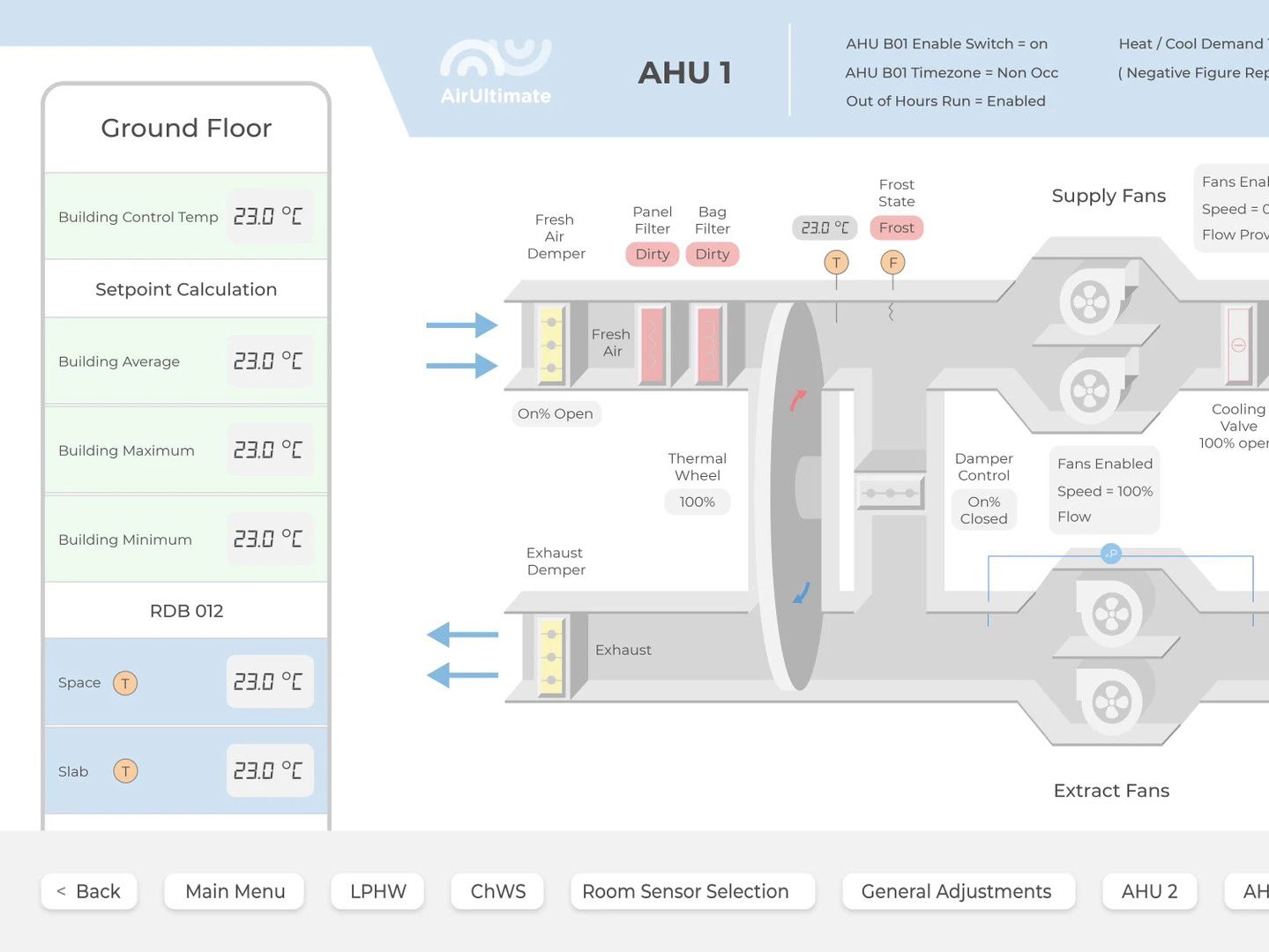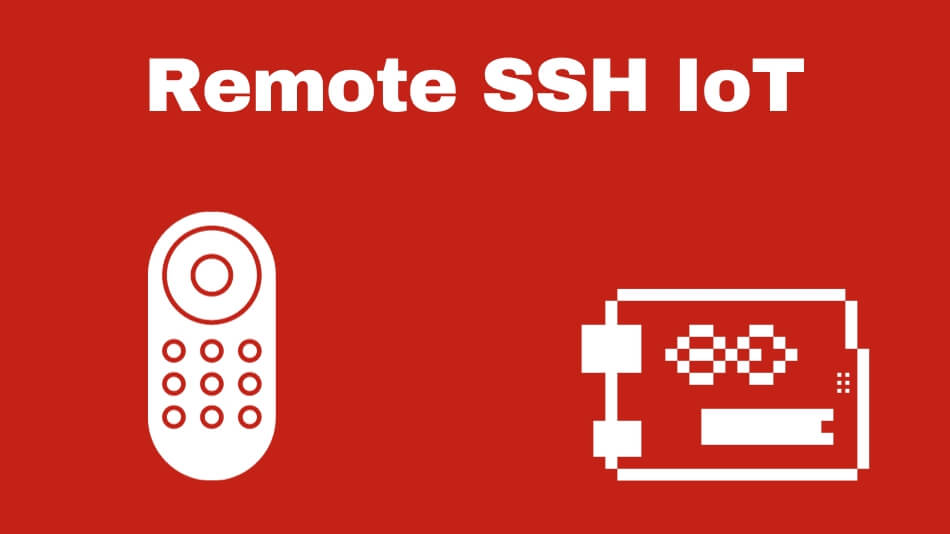Best IoT Management Platform SSH Free: Unlock The Future Of Connectivity
Welcome to the world of IoT management platforms where innovation meets simplicity! If you're here, chances are you're looking for the best IoT management platform that doesn't tie you down with SSH restrictions. Well, buckle up, because we're diving deep into this tech-savvy universe to uncover the gems that can revolutionize the way you manage your devices. Whether you're a tech enthusiast, a small business owner, or an enterprise looking to scale, this guide is your golden ticket to finding the perfect platform.
Managing IoT devices has never been more critical. With billions of connected devices globally, having a robust platform that doesn't require SSH access is like finding a needle in a haystack. But don't worry, we've got your back. This article will walk you through the top platforms that offer seamless connectivity without the hassle of SSH, ensuring your devices stay secure and efficient.
So, why should you care? Because the right IoT management platform can transform your operations, save you time, and ultimately, money. Let's get started and explore the best options available in 2023, complete with expert insights, user reviews, and a sprinkle of tech wizardry!
- Who Is Michael Steeles Wife Unveiling Andrea Steele Family Life
- Dani Beckstrom Foot Care Deals More Whats Trending
Here's a quick navigation guide to help you jump straight to what you're interested in:
- Overview of IoT Management Platforms
- Criteria for Choosing the Best Platform
- Top IoT Management Platforms SSH Free
- Key Features to Look For
- Security Considerations
- Scalability and Flexibility
- Cost Analysis
- Comparison of Top Platforms
- Implementation Tips
- Future Trends in IoT Management
Overview of IoT Management Platforms
In the ever-evolving tech landscape, IoT management platforms have become the backbone of smart device ecosystems. These platforms provide a centralized hub for monitoring, controlling, and analyzing connected devices. But here's the kicker – not all platforms are created equal. The best IoT management platform SSH free ensures you have all the tools you need without the added complexity of SSH configurations.
Think about it. SSH can be a double-edged sword. While it provides secure access, it also adds a layer of complexity that many users, especially those new to IoT, might find overwhelming. That's why platforms that offer a seamless user experience without SSH are becoming increasingly popular. They cater to a broader audience, from tech-savvy professionals to beginners looking to dip their toes into the IoT pool.
Why Choose SSH-Free Platforms?
Choosing an SSH-free platform isn't just about avoiding one extra step. It's about simplifying your workflow, enhancing security, and ensuring compatibility across various devices. Here are a few reasons why SSH-free platforms are gaining traction:
- Reduced complexity in setup and maintenance
- Enhanced security through alternative authentication methods
- Broader device compatibility
- Improved user experience for non-technical users
Criteria for Choosing the Best Platform
Now that we've established the importance of SSH-free IoT management platforms, let's dive into the criteria that make a platform truly exceptional. When evaluating options, consider the following factors:
1. Ease of Use
User-friendly interfaces are a must. The platform should be intuitive, allowing users to navigate and manage devices effortlessly. Features like drag-and-drop functionality, pre-built templates, and comprehensive dashboards can make a world of difference.
2. Scalability
As your IoT ecosystem grows, your platform should grow with it. Look for platforms that can handle thousands of devices without compromising performance. Scalability ensures you won't outgrow your solution anytime soon.
3. Security
Security is non-negotiable. A top-notch platform should offer robust encryption, secure data storage, and regular updates to protect against emerging threats. Without SSH, the platform should have alternative security measures in place to ensure your devices and data remain safe.
4. Integration Capabilities
Compatibility with third-party applications and services is crucial. The best platforms allow seamless integration with popular tools, ensuring you can leverage existing systems and workflows.
Top IoT Management Platforms SSH Free
Now, let's get to the juicy part – the platforms themselves. Here are some of the best IoT management platforms that offer SSH-free solutions:
1. AWS IoT Core
AWS IoT Core is a powerful platform that provides a secure and reliable way to connect IoT devices. With features like device shadows, rules engine, and MQTT support, it's a favorite among enterprises. While AWS offers SSH access for advanced users, its intuitive interface and cloud-based architecture make it an excellent choice for those looking to avoid SSH altogether.
2. Microsoft Azure IoT Hub
Azure IoT Hub is another heavyweight in the IoT management space. It offers robust security features, seamless integration with Azure services, and a user-friendly interface. Its device management capabilities and analytics tools make it a top contender for businesses of all sizes.
3. Google Cloud IoT Core
Google Cloud IoT Core brings the power of Google's cloud infrastructure to IoT management. With features like protocol flexibility, device registry, and advanced analytics, it's a platform that caters to both developers and business users. Its seamless integration with Google's ecosystem makes it a great option for those already using Google services.
4. Losant
Losant is a platform designed with developers in mind. It offers a drag-and-drop interface, custom workflows, and robust APIs. Its focus on ease of use and flexibility makes it an excellent choice for those looking to build custom IoT solutions without the hassle of SSH.
5. Particle
Particle is a platform that simplifies IoT development with its easy-to-use hardware and software solutions. Its cloud-based platform offers device management, over-the-air updates, and analytics tools. With Particle, you can manage your devices from anywhere, without the need for SSH access.
Key Features to Look For
When evaluating IoT management platforms, consider the following key features:
1. Device Management
Effective device management is crucial for maintaining a healthy IoT ecosystem. Look for platforms that offer features like device provisioning, firmware updates, and remote monitoring.
2. Data Analytics
Data is the lifeblood of IoT. A good platform should provide robust analytics tools to help you make sense of the data generated by your devices. Features like real-time analytics, data visualization, and predictive analytics can give you valuable insights into your operations.
3. Connectivity Options
Not all devices use the same communication protocols. A versatile platform should support a wide range of connectivity options, including Wi-Fi, Bluetooth, and cellular.
4. API Support
APIs allow you to integrate the platform with other systems and services. Look for platforms that offer well-documented APIs and developer tools to help you build custom solutions.
Security Considerations
Security should always be a top priority when managing IoT devices. Here are some security considerations to keep in mind:
1. Authentication and Authorization
Ensure the platform offers strong authentication and authorization mechanisms to protect your devices and data. Features like multi-factor authentication and role-based access control can add an extra layer of security.
2. Encryption
Data encryption is essential for protecting sensitive information. Look for platforms that offer end-to-end encryption for both data in transit and at rest.
3. Regular Updates
Regular updates are crucial for addressing security vulnerabilities and ensuring your platform remains secure. Choose a platform that provides timely updates and patches.
Scalability and Flexibility
Scalability is key to ensuring your platform can grow with your IoT ecosystem. Here are some factors to consider:
1. Device Capacity
Ensure the platform can handle the number of devices you plan to connect, both now and in the future. Scalable platforms allow you to add devices without compromising performance.
2. Customization
Flexibility in customization is important for tailoring the platform to your specific needs. Look for platforms that offer customizable dashboards, workflows, and integrations.
Cost Analysis
Cost is always a consideration when choosing an IoT management platform. Here's a breakdown of the cost factors:
1. Pricing Models
Platforms offer various pricing models, including pay-as-you-go, subscription-based, and enterprise licensing. Choose a model that aligns with your budget and usage needs.
2. Hidden Costs
Be wary of hidden costs like additional fees for support, integration, or advanced features. Ensure the platform is transparent about its pricing structure.
Comparison of Top Platforms
Here's a quick comparison of the top IoT management platforms:
| Platform | Key Features | Cost | Security |
|---|---|---|---|
| AWS IoT Core | Device shadows, rules engine, MQTT | Pay-as-you-go | Robust encryption |
| Azure IoT Hub | Device management, analytics | Subscription-based | Multi-factor auth |
| Google Cloud IoT Core | Protocol flexibility, analytics | Enterprise licensing | End-to-end encryption |
| Losant | Custom workflows, APIs | Free tier available | Role-based access |
| Particle | Remote updates, analytics | Subscription-based | Secure firmware |
Implementation Tips
Implementing an IoT management platform requires careful planning and execution. Here are some tips to help you get started:
1. Define Your Goals
Clearly outline what you want to achieve with the platform. Whether it's improving efficiency, enhancing security, or expanding your IoT ecosystem, having clear goals will guide your implementation process.
2. Pilot Testing
Before deploying the platform across your entire ecosystem, conduct a pilot test to identify any potential issues. This will help you fine-tune your implementation strategy.
3. Training and Support
Ensure your team is trained on the platform's features and capabilities. Leverage the platform's support resources to address any questions or concerns.
Future Trends in IoT Management
The world of IoT management is constantly evolving. Here are some trends to watch out for:
1. Edge Computing
Edge computing is becoming increasingly popular as it allows data processing closer to the source, reducing latency and improving performance.
2. AI and Machine Learning
AI and machine learning are being integrated into IoT platforms to provide predictive analytics and automation capabilities.
3. Blockchain
Blockchain technology is being explored for its potential to enhance security and transparency in IoT ecosystems.
In conclusion, choosing the best IoT management platform SSH free is a decision that can significantly impact your operations. By considering the criteria outlined in this article and exploring the top platforms, you can find the perfect solution for your needs. Don't forget to share your thoughts and experiences in the comments below, and feel free to explore more articles on our site for additional insights!

Best IoT Management Platform SSH Free A Comprehensive Guide To

Unlocking The Power Of Remote SSH IoT A Comprehensive Guide

What Are SSH IoT Devices?